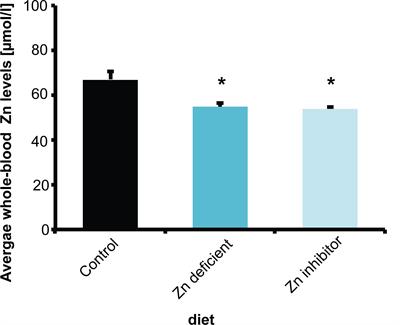EDITORIAL
Published on 23 Apr 2021
Editorial: Interactions of the Nervous System With Bacteria
doi 10.3389/fnins.2021.682744
- 2,135 views
- 2 citations
51k
Total downloads
317k
Total views and downloads
EDITORIAL
Published on 23 Apr 2021
ORIGINAL RESEARCH
Published on 24 Jun 2020

REVIEW
Published on 28 May 2020
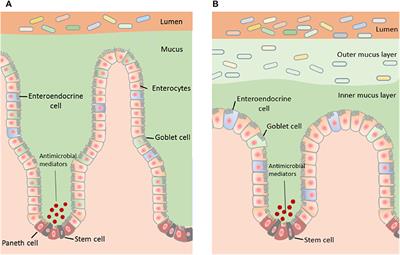
REVIEW
Published on 21 Apr 2020
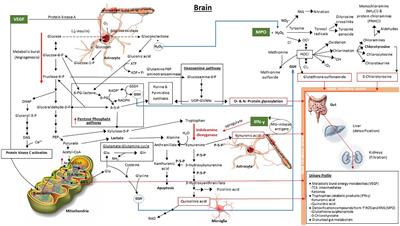
ORIGINAL RESEARCH
Published on 09 Apr 2020
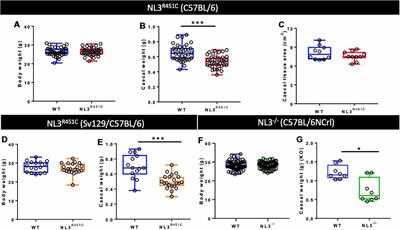
REVIEW
Published on 18 Mar 2020
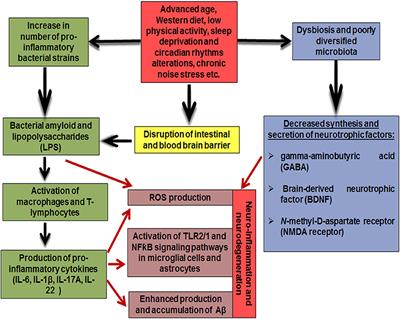
ORIGINAL RESEARCH
Published on 18 Feb 2020

PERSPECTIVE
Published on 12 Feb 2020
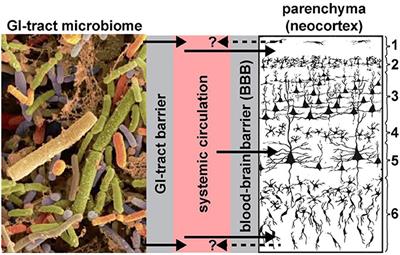
ORIGINAL RESEARCH
Published on 29 Jan 2020
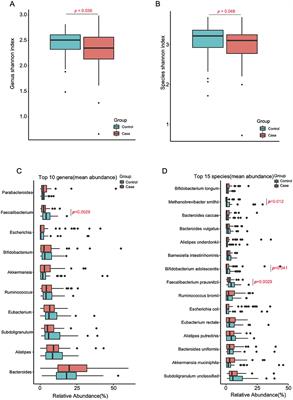
REVIEW
Published on 14 Jan 2020

PERSPECTIVE
Published on 06 Dec 2019
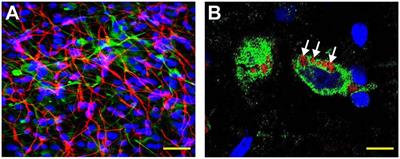
ORIGINAL RESEARCH
Published on 29 Nov 2019
